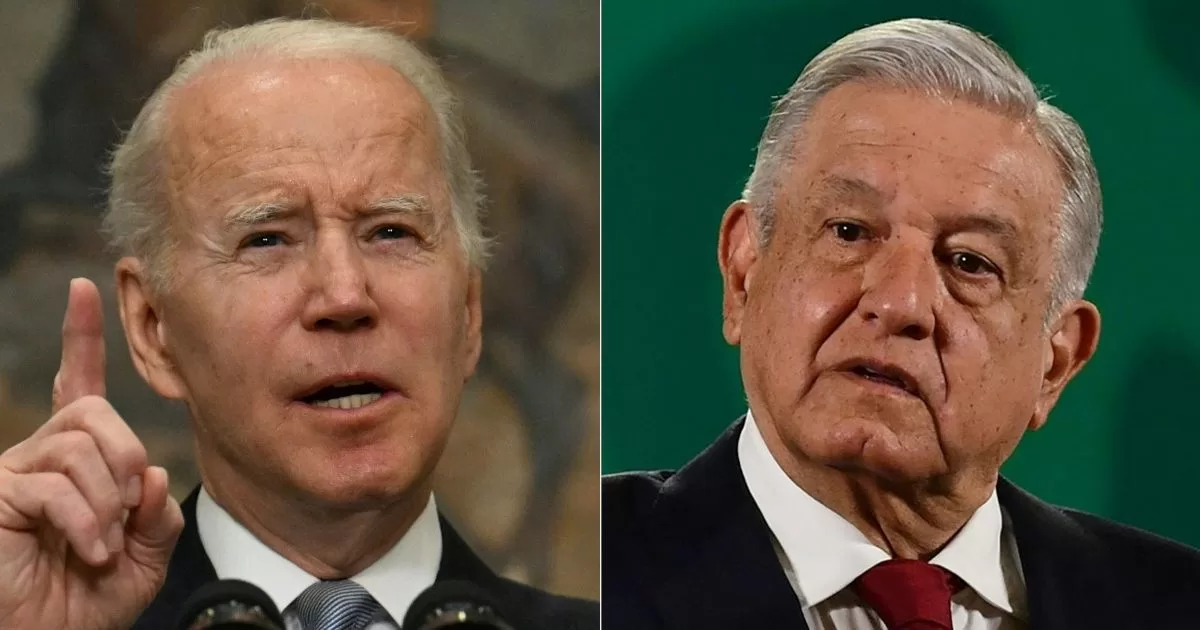They were white-hot, after years spent behind their screens in the Russian “troll farms” of Moscow or Saint Petersburg, multiplying disinformation operations on social networks. Long specialized in attempts to influence elections abroad, these little propaganda soldiers have only been attacking one subject since February 24, 2022: the war in Ukraine.
“The Kremlin identified the Internet as a threat as early as 2012, after the post-election demonstrations, recalls Maxim Alyukov, a Russian sociologist attached to King’s College London. The authorities began to censor, to invest in networks of ‘bots’ (software generating automatic messages) and to recruit fake Internet users intended to simulate online public opinion. The war in Ukraine has radicalized this process and focused all efforts towards spreading the discourse of the ‘war party’.”
Very quickly, the encrypted messaging Telegram – created in 2013 by the Russian Pavel Dourov, naturalized French – becomes a virtual arena opposing supporters and detractors of the invasion. In a study published on December 23, 2022, the French firm IDS Partners identified nearly 2,000 pro-war “channels” at the origin of 8 million messages on this network. Not all of them are directly controlled by the State, but the most popular often have links with the security services.
Among them, the voyenkory : in a few months, these ultra-nationalist and war-mongering military correspondents have made official communications outdated with their astonishing freedom of tone. Often embarked as close as possible to the front lines, these unscrupulous pseudo-reporters do not hesitate to broadcast the most atrocious images (the Gray Zone account, 422,000 subscribers, had published the video of the mass execution of a deserter from Wagner) and hitting the military hierarchy. “We have to do something about this system in which our leaders don’t want to talk about bad news, and their subordinates don’t want to upset their bosses,” fumed Alexander Kots (670,000 subscribers) in early September, when Russian forces withdrew. from Kharkov. Igor Girkin, a former intelligence officer, openly attacks Defense Minister Sergei Shoigu, a “plywood marshal”.
Unexpectedly, these accounts were not censored. “Rather than blocking Telegram, whose audience has exploded in Russia, the Kremlin has chosen to take advantage of it, by actively shaping its content, continues researcher Maxim Alyukov. Putin, for example, has co-opted military bloggers.” On November 20, Alexandre Kots was thus appointed a member of the Russian Human Rights Council. On the 24th, Putin decorated Semyon Pegov, blogger with a red beard and 1.3 million subscribers, with the medal of the Order of Courage. Others were received by the President or the Minister Shoigu.
No one knows what was said behind closed doors, but the investigative media Proekt (banned in Russia) analyzed the publications of 25 major military channels on social networks, and found that a majority of these correspondents had gradually softened their rhetoric after these meetings. The critical voices remain despite everything, but they primarily target the generals, without directly attacking Putin. Experienced in propaganda, the Kremlin knows to what extent these “ultras” serve its purpose: to convince the Russians that total war is the only right path.




